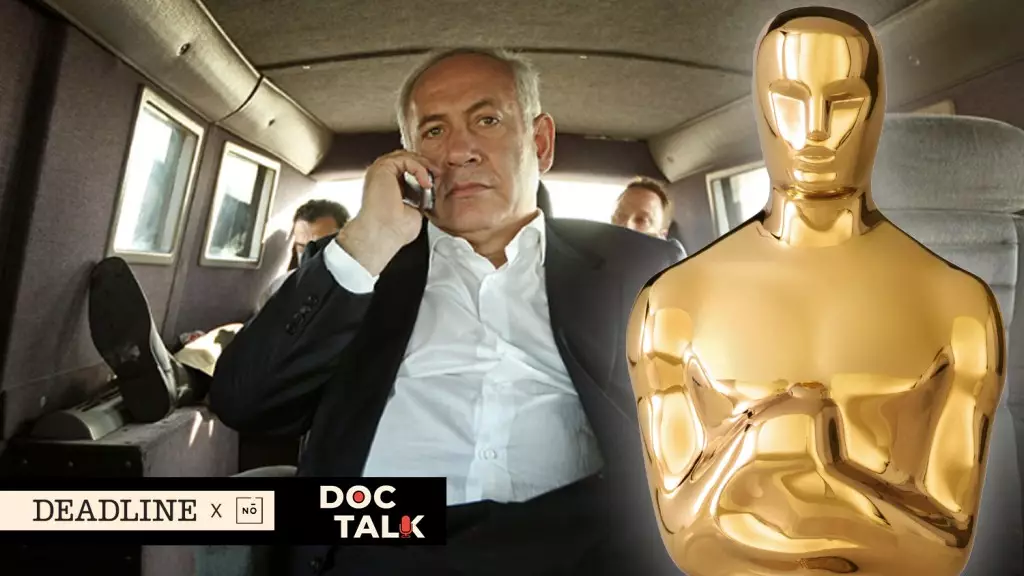As the Academy of Motion Picture Arts and Sciences approaches the prestigious Oscars, the documentary category has seen fierce competition winnow from an impressive pool of 169 submissions down to a mere 15 shortlisted films. This rigorous process highlights the immense pressure and high expectations placed on documentary filmmakers, where a labor of love can lead to either exultation or heartbreak. Filmmakers and audiences alike are left to ponder the harsh realities of selection, as the race to Hollywood’s biggest night unfolds.
The recent episode of Deadline’s Doc Talk podcast, hosted by renowned Oscar-winning writer-director John Ridley alongside documentary editor Matt Carey, delves into the notable omissions from the shortlist. Among the most striking snubs is a film chronicling the life of a legendary Hollywood figure that captures his near-fatal comeback story—a narrative that resonates deeply with the themes of resilience and redemption. The absence of such a poignant entry from the Oscars conversation has left many scratching their heads, raising questions about the selection criteria that govern this esteemed award.
Conversely, the shortlist has also welcomed surprising contenders, such as a contentious documentary that critically examines Israeli Prime Minister Benjamin Netanyahu. This film has sparked significant controversy, notably a lawsuit filed by Netanyahu himself to prevent its unofficial showing at the Toronto Film Festival. Such tensions underscore the power documentaries hold in shaping public discourse, even as this particular film enters the race without any formal U.S. distribution. The willingness of Academy voters to include politically charged works while sidelining others speaks volumes about the unpredictability of the selection process.
Perhaps most remarkable is the fact that several films without domestic distribution found their way to the shortlist, challenging traditional expectations of how films gain recognition within the Academy. This situation not only highlights the evolving landscape of documentary filmmaking but also raises questions about which narratives are deemed worthy of attention and which are overlooked. Ridley has voiced his disappointment over a noteworthy omission he believes deserved a spot among the finalists, emphasizing the subjective nature of such selections.
Moreover, the shortlist for documentary shorts brings a new layer of intrigue to the discussion. Among these nominees is a film co-directed by actress Rashida Jones, showcasing the diverse talent within the industry, while another pays homage to the late Supreme Court Justice Ruth Bader Ginsburg, co-directed by a filmmaker respected for her previous works. This array of voices from different backgrounds promises to enrich the Oscar narrative this year, making the anticipation surrounding these films even more palpable.
As the countdown to the Oscars continues, the documentary category stands at a crossroads of triumph and tragedy. With its shortlist shaped by complex debates around merit and representation, this year’s Oscars will undoubtedly spark dialogues about what stories deserve the spotlight and who gets to tell them. As audiences tune into discussions like those found in Doc Talk, the overarching theme emerges: the documentary realm is vibrant, yet fraught with complexities that mirror the real world it seeks to capture.


Leave a Reply